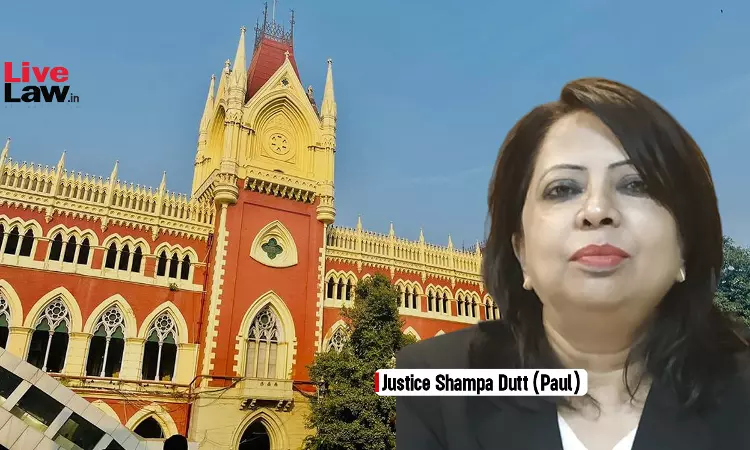Calcutta High Court: A Single Judge Bench of Justice Shampa Dutt (Paul) held that an employee engaged as a 'badli' worker for over 37 years was entitled to gratuity. The court rejected the employer's argument that he did not complete the requisite continuous service. The court held that an employer's failure to produce best evidence leads to an adverse inference against the employer,...

